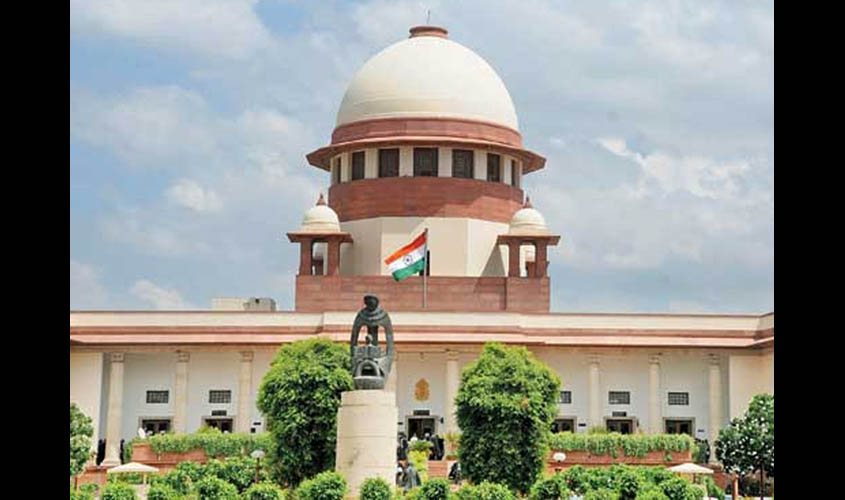The Supreme Court of India has ruled that women believers of all ages should be admitted without hindrance to the Sabarimala temple in Kerala, and not simply those less than 10 or above 50 years of age. The practice of excluding those in between these age groups would likely have had its origin in the fact that the trek to Sabarimala involved crossing forest paths that had a profusion of wild animals. Should women of childbearing age make the journey, it was possible that their physical condition during certain periods would attract the unwelcome attention of wild animals, not to mention the possibility of temple floors being affected. However, this is not 1718 but 2018, and there are no longer any wild animals along the well-trodden pathways to the temple (barring some toxic specimens of a two-legged kind). Further, modern methods promoting sanitary practices during specific periods of the month for women of childbearing age should be sufficient to ensure that the condition of temple floors are as safe from the presence of such women as from any other female devotee. Given that, it was logical that the prohibition on entry be removed, and this is what the Supreme Court has done. It is true that several edicts of the court have been obeyed in the breach, such as the prohibition on noise, including from houses of worship, that was issued by the Supreme Court more than a decade ago, but which has been ignored by the authorities. Loud noise still sounds periodically from several establishments across the country when the same was banned. Such lack of obedience to the commands of the Supreme Court should not become commonplace. The movement for non-cooperation that was promoted by Mahatma Gandhi took place in a context where this country was ruled by a foreign power. Today the reins of office are held by those elected by the people, and hence the logic of non-cooperation should not hold. This applies with particular force to edicts of the Supreme Court, which need to be obeyed if India is to function as a “nation of laws and not of men”. Thus far, the Government of Kerala has not exactly covered itself in glory in its efforts at ensuring that women of all ages be allowed to enter Sabarimala. Indeed, on 17 October, when the temple reopened, not a single woman of any age was permitted to enter by protestors who seem determined to flout the orders of the Supreme Court of India in their zeal to prevent any change in existing practices.
Whether it be within the Muslim or the Hindu communities, there are practices which need to be discarded, such as nikah halala or triple talaq in the case of the former and caste discrimination in the case of the latter. Even the small but progressive Parsi community needs to be freed of its fundamentalists, so that the children of Parsi mothers (even if they are married to non-Parsis) should have the same rights as children born to Parsi fathers married to non-Parsis. It is surprising that such discrimination should still prevail in such an educated community. Sadly, it is an indisputable fact that patriarchy is still virulent in its prevalence across many parts of India. Some would say that patriarchy is the norm in all parts of India. To consider a woman as being in any way the inferior of a man is to flirt with the boundaries of irrationality. Women and men deserve the same opportunities, and age should not be used as a reason to deny some of them the right to prayer at a place of worship that is among the most known in India. Indeed, Sabarimala is the very epitome of India’s secular society, in that devotees first pay obeisance to a Muslim saint (Vavar) before proceeding to the shrine. No effort is made to check the religion of the devotees proceeding to the temple, and indeed among the most melodious of devotional music has been sung by K.J. Yesudas, a Catholic, who is known to visit the temple every year in the company of other devotees. Neither the Government of Kerala nor women between the ages of 10 and 50, who seek solace at Sabarimala, should surrender the rights made available to them via the judiciary rather than the executive. They should persevere in their mission to open Sabarimala to all, irrespective of age or gender. The process of reform should not be halted by zealots who are tied to practices and conventions that should find no place in the present century.

